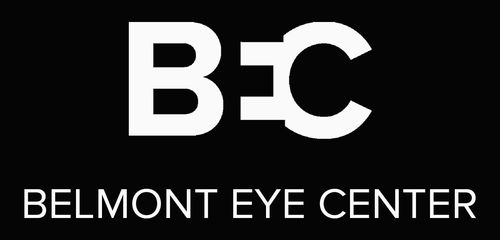LASIK eye surgery has become a popular option for those looking to improve their vision and reduce dependence on glasses or contact lenses. However, one of the most common questions potential candidates ask is: “What is the best age for LASIK eye surgery?” At Belmont Eye Center, we aim to provide comprehensive insights to help you make an informed decision.
Understanding LASIK
LASIK (Laser-Assisted In Situ Keratomileusis) is a procedure that uses a laser to reshape the cornea, improving vision clarity for individuals with nearsightedness, farsightedness, and astigmatism. It’s a quick, relatively painless procedure with a high success rate, making it an attractive option for many.
Ideal Age Range for LASIK
The ideal age for LASIK eye surgery generally falls between 20 and 40 years old. This age range is considered optimal for several reasons:
- Stabilized Vision: Vision tends to stabilize in the early to mid-20s. Before this age, eyes are still developing, and prescriptions can change frequently. By waiting until your vision has stabilized, you ensure more predictable and lasting results from LASIK surgery.
- Health and Healing: Individuals in their 20s to 40s typically have healthy eyes and robust healing capabilities, which are crucial for a smooth recovery post-surgery.
- Long-term Benefits: Having LASIK at a younger age allows you to enjoy the benefits of improved vision for a longer period. This can enhance your quality of life and potentially reduce the long-term costs associated with glasses and contact lenses.
Considerations for Older Adults
While 20 to 40 is the optimal age range, older adults can still be good candidates for LASIK, provided they meet certain criteria:
- Stable Prescription: It’s essential that your eyeglass or contact lens prescription has been stable for at least one year.
- Overall Eye Health: Candidates should be free from eye conditions such as cataracts, glaucoma, or severe dry eye, which could affect the outcome of the surgery.
- Realistic Expectations: Older adults should understand that while LASIK can reduce dependence on corrective lenses, it might not eliminate the need for reading glasses due to presbyopia, an age-related condition affecting close-up vision.
When to Consider Other Options
For individuals outside the optimal age range or those with specific eye health concerns, other vision correction options might be more suitable. These include:
- Photorefractive Keratectomy (PRK): Similar to LASIK, PRK is often recommended for those with thinner corneas or certain eye conditions.
- Refractive Lens Exchange (RLE): This procedure involves replacing the eye’s natural lens with an artificial one, making it a good option for older adults or those with cataracts.
- Implantable Contact Lenses (ICL): ICLs are suitable for individuals with high prescriptions or thin corneas who might not be ideal candidates for LASIK.
Conclusion
Determining the best age for LASIK eye surgery depends on individual factors such as vision stability, overall eye health, and personal lifestyle needs. At Belmont Eye Center, we recommend scheduling a comprehensive eye examination to evaluate your suitability for LASIK. Our experienced team is dedicated to providing personalized care and guidance to help you achieve optimal vision.
If you’re considering LASIK and want to learn more about the best timing for the procedure, contact Belmont Eye Center today to schedule a consultation. Your journey to clearer vision begins with informed choices and expert care.
